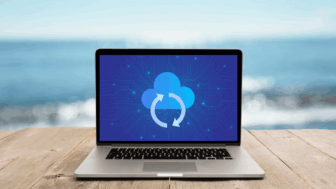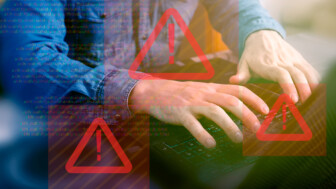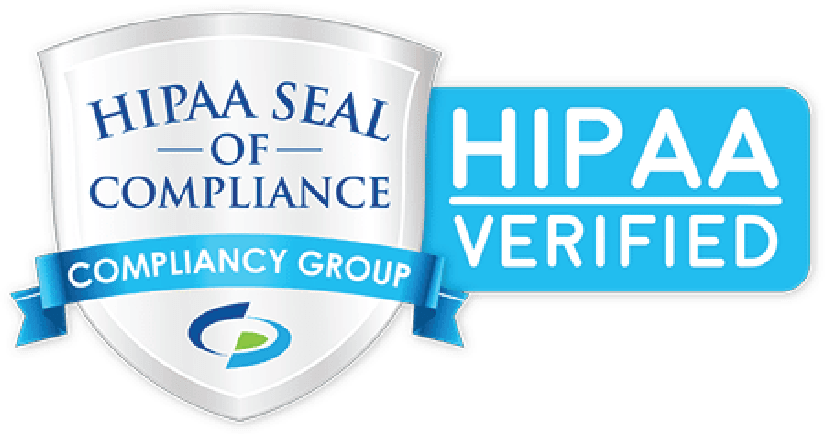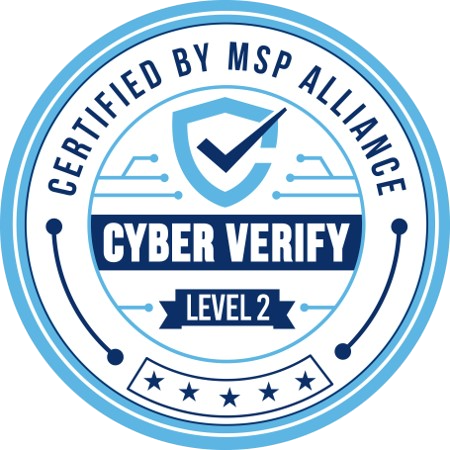In today’s IT environment, businesses across all sectors, including healthcare and financial institutions, are facing increasing threats to the security of their data. As reported by CIO, the ISF (Information Security Forum) cites several contributing factors that exacerbate threats to data security including the proliferation of tools to accomplish CaaS (Crime as a Service), the ubiquitousness of the IoT (Internet of Things) for which everyday objects are embedded with computing capability but not necessarily data security, and the complexity of regulatory requirements for businesses that manage sensitive data. In an environment where organizations are confronted on all sides with ever-changing threats that strive to find and exploit data vulnerabilities, it makes good sense on multiple levels to manage your risk by outsourcing your SIEM (Security Information and Event Management) and your SOC (Security Operations Center).
In-House Limitations
Your in-house IT team might not necessarily be trained in data security, vulnerability management, and remediation. Even if they have knowledge in these areas, they might not have the time to be able to keep abreast of ever-emerging technological threats while also performing their day-to-day duties for your organization. When hiring data security staff, you must consider your bottom line. Cybersecurity experts command high salaries which can range, according to Mondo, from $90,000 to $185,000 per year for Cybersecurity Analysts and $120,000 to $180,000 per year for Information Systems Security Managers. Salaries are only the beginning, though, since security experts must also undergo regular professional development and training to stay up to date on changing threats that stalk the technological landscape. To ensure you get the best possible skill and expertise for your money, it’s wise to consider outsourcing these tasks to proven, third-party experts.
Top-Notch Talent Leads to Lower Security Risk
The importance of SIEM is twofold. Firstly, healthcare and financial institutions are subject to federal regulations such as HIPAA, GLBA, or PCI DSS. Businesses must demonstrate their ongoing compliance with such regulations. Compliance and proof of compliance are mandated and can be achieved through the use of SIEM software which, as pointed out by CSO, specifies security-related incidents and events which require further analysis. Secondly, sensitive data held by businesses can be vulnerable to a wide variety of threats both extant and emerging. SIEM software can delve deeply into data processing procedures and identify specific vulnerabilities for remediation. To keep your data secure, you need talented IT professionals populating an expert SOC who are capable not only of helping you achieve regulatory compliance but also of taking you a step beyond basic compliance to maximum security.
Long-Term ROI
By outsourcing a team of talented professionals for your organization’s data security needs, you will be much less likely to incur disasters like data breaches and high fines levied by regulatory agencies. In this way, outsourcing could greatly improve your long-term ROI. Healthcare IT News reports on a number of massive data breaches that occurred in 2018, including a phishing attack that exposed 38,000 records and a ransomware attack that exposed 19,000 records. Sadly, those incidents represent only the tip of the iceberg. SecurityIntelligence reported in 2016 that the average cost of recovering from a data breach was $86,500 for small businesses and $861,000 for enterprise companies. In a 2016 survey, the Pew Research Center reported that nearly half of all Americans worry about the security of their sensitive personal information and do not trust institutions to keep it safe. It’s critical that you do everything you possibly can to earn, then retain, the trust that your patients or customers place in your ability to ensure the security of their personal data.
What a Third-Party SOC Can Do for You
The demands of keeping your organization’s data both secure and compliant with federal regulations are already complex, and as computing technology continues to develop, the complexity will only keep mounting. When you partner with a third-party SOC like Kraft Technology Group, you can feel confidence in the knowledge that focused, experienced IT security experts are working to monitor your systems and your data and provide you with real-time analysis to catch suspicious or malicious activity before it can cause major problems for your business and the people it serves. By outsourcing your SIEM and SOC, you will free up time and resources that you and the rest of your staff can utilize to conduct other activities that will grow your business. According to MSSP Alert, more and more MSPs are outsourcing their security needs to third-party SOCs. If firms that specialize in information technology require targeted assistance to keep on top of complex security issues, then it’s a good bet that firms which don’t specialize in IT will need that targeted assistance even more.
What Kraft Technology Group Brings to the Table
Kraft Technology Group offers comprehensive solutions for managed IT, cybersecurity, and working in the cloud. In 2017, Kraft Technology Group was included on the Top 100 MSSP List, which is compiled by After Nines, Inc. and recognizes the very best in outsourced MSSP services. Each year, KTG completes certification in the MSPAlliance’s MSP Verify Program (MSPV), a third-party auditing process that makes sure managed security service providers not only meet but surpass standards of excellence in cloud and managed services and cybersecurity.
Kraft Technology Group can help you develop a custom plan to manage your institution’s data security needs. Custom solutions are vital since no two businesses are alike. Each business creates its own particular imprint in the marketplace and its own unique workflow, so each business will likewise have its own distinct IT needs. If you would like to learn more about our data security solutions, please don’t hesitate to contact us.





